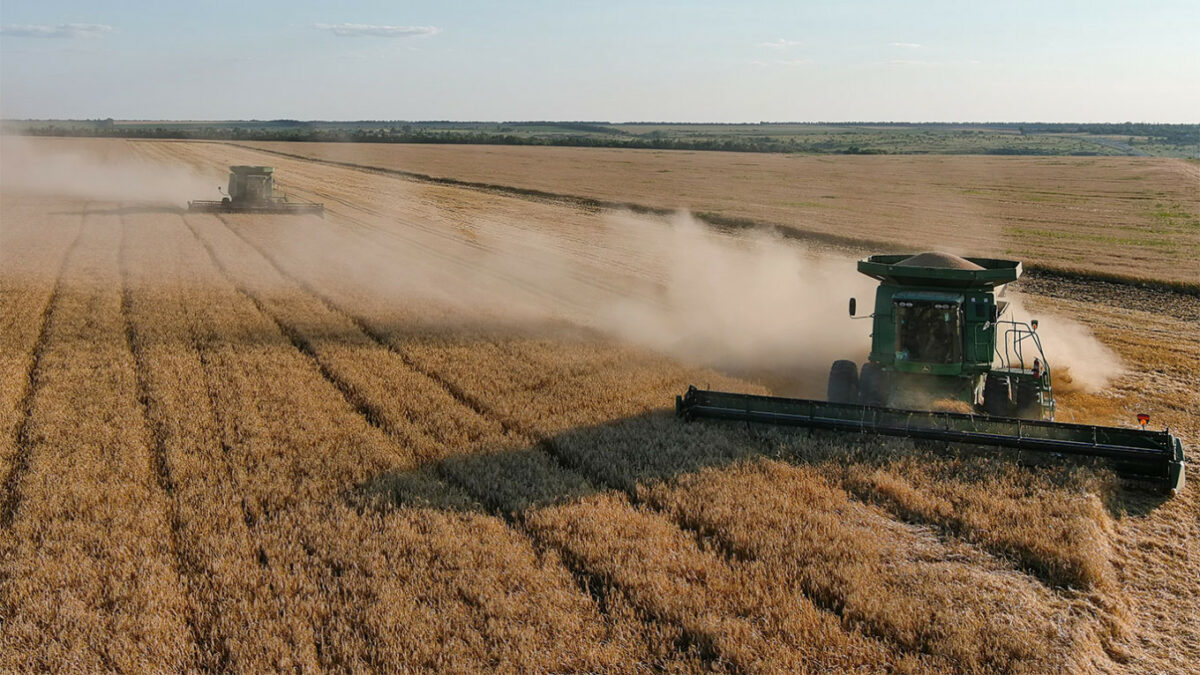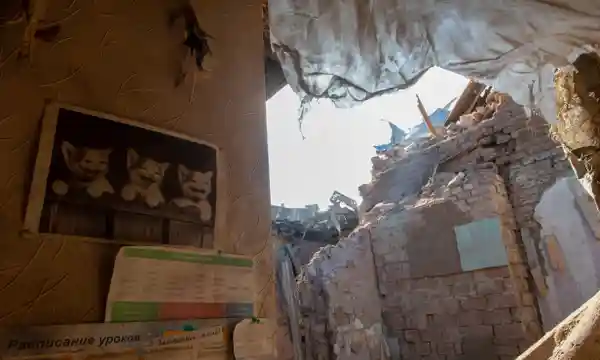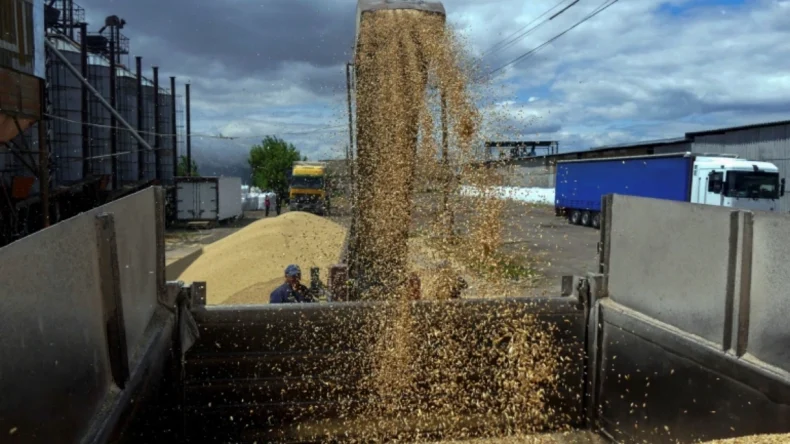18 July, KYIV – A day after withdrawing from a U.N.-backed agreement to allow Kyiv to export food, Russia attacked Ukrainian ports on Tuesday. Moscow claimed successes on the ground in an area where Ukrainian officials believed Russian forces were resuming the onslaught.

As part of “mass revenge strikes” in retribution for Ukrainian attacks that destroyed its road bridge to the annexed Crimean Peninsula, Russia said it attacked gasoline storage facilities and a seaborne drone manufacturing facility in Odesa.
The United Nations warned that Moscow’s withdrawal from a one-year-old grain export arrangement may lead to global hunger shortly after the bridge was struck on Monday.
According to Ukraine’s southern operational military command, many dwellings and unidentified port facilities were damaged by falling debris and blast waves in one of the country’s key ports, Odesa. Another port, Mykolaiv, had a significant fire, according to local authorities.
According to Andriy Yermak, the chairman of the Ukrainian presidential staff, the Russian attacks on ports offer additional evidence that the nation-terrorist aims to jeopardize the lives of 400 million people in other countries that depend on Ukrainian food exports.
31 out of 36 drones were shot down, all of 6 Kalibr Missiles, reported by Ukrainian Air Force. Moscow asserted that it prevented serious ground damage by stopping a Ukrainian drone strike on Crimea and that it had reopened one of the bridge’s lanes for traffic.
The frontline railroad hub of Kupiansk, which was retaken by Ukraine in an attack last year, was within 2 km (1.2 miles) of where Russia’s defence ministry reported that its soldiers had advanced. Kyiv acknowledged the challenging circumstances there.
Since the start of Ukraine’s counterstrike last month, Kyiv has retaken a few villages in the south and the area around Bakhmut’s destroyed city in the east, but it has not yet attempted to make a significant advance through fiercely contested Russian lines.
Russia’s move, ‘A kick on People’s stomach’?
One of the few diplomatic victories of the conflict was the Black Sea grain export agreement that Turkey and the UN negotiated a year ago. It ended a de facto Russian blockade of Ukrainian ports and prevented a global food crisis.

Both the countries Ukraine and Russia export the largest amount of grain and other food items to the world. The world’s poorest nations would be severely hurt if Ukrainian grain was once more barred from the market.
According to Antonio Guterres, secretary-general of the United Nations, today’s decision by the Russian Federation will hurt those in need all across the world.
Moscow rejected Ukraine’s requests to permit shipping to resume without its involvement, explicitly declaring that ships entering the region without its guarantees would be in danger.
Dmitry Peskov, a spokesman for the Kremlin, stated that we are discussing a region that is close to a combat zone. There are some risks there without the proper security safeguards. In light of these hazards, it is important to consider them before formalizing anything without Russia.
Russia claims it might rejoin the grain agreement, but only if limits governing its exports of food and fertilizer are relaxed. Western nations describe that as an effort to undercut financial restrictions, which already let Russia sell food, by using pressure over food supplies.
Volodymyr Zelenskiy, the president of Ukraine, has demanded that the grain agreement go on without Russia, essentially enlisting Turkey’s support to counter the Russian blockade. Turkish President Tayyip Erdogan, who has promoted the deal, asserts that he believes Moscow can be persuaded to return.
Without Russia’s assistance, any attempt to restart Ukrainian grain shipments would be dependent on insurance firms agreeing to offer protection. Reuters was informed by industry insiders that they are thinking about the ramifications.













